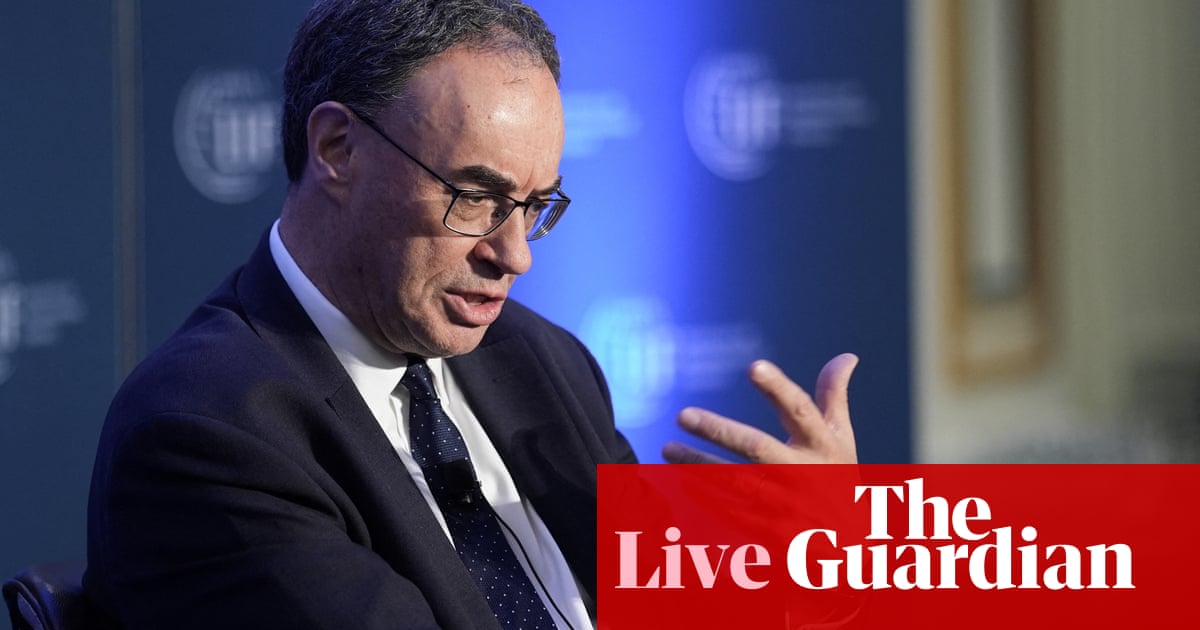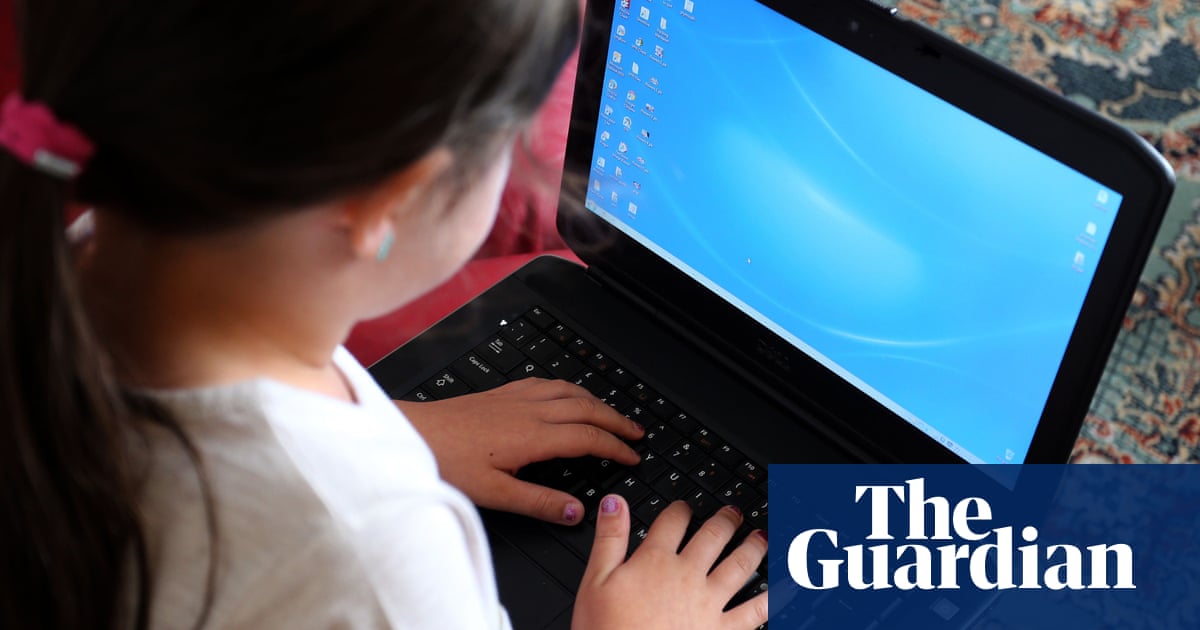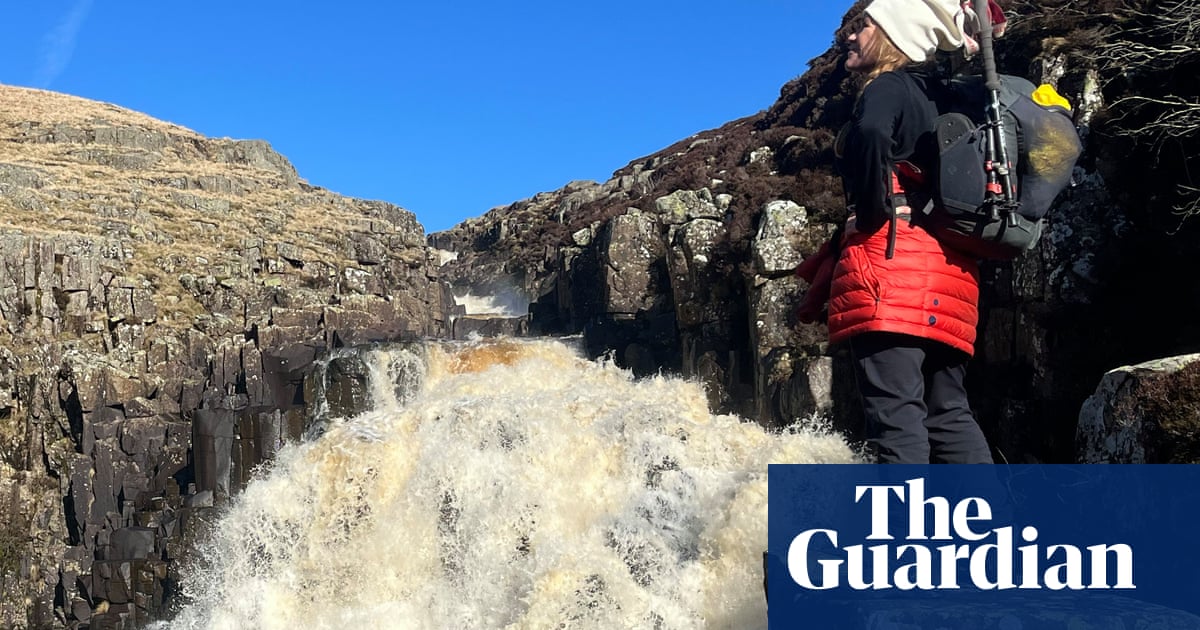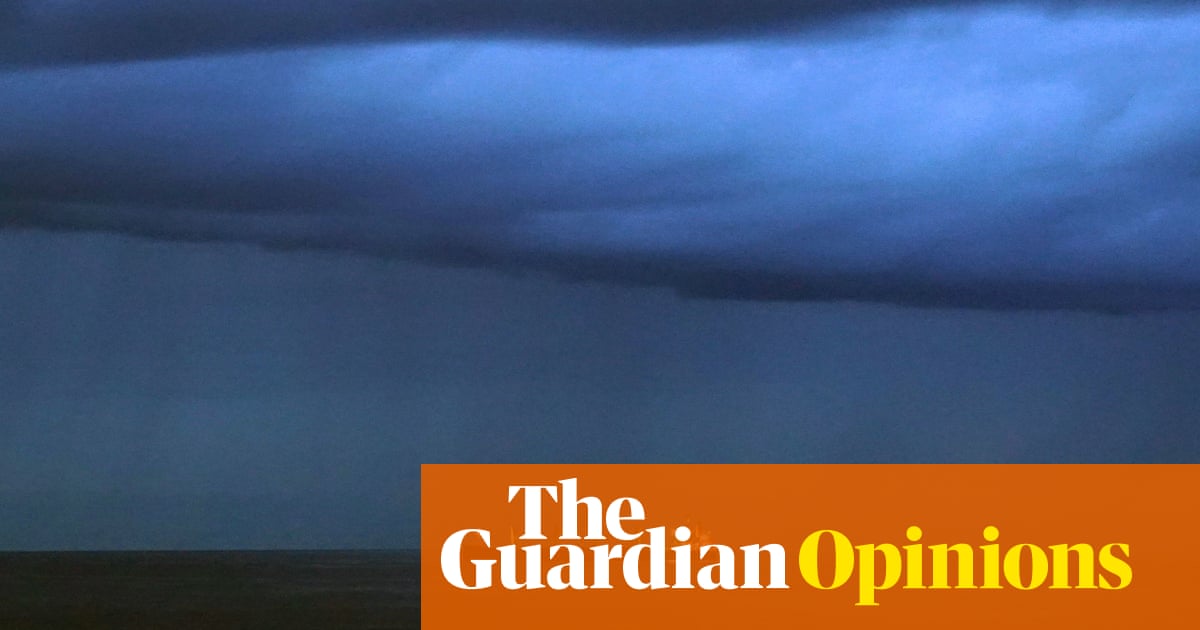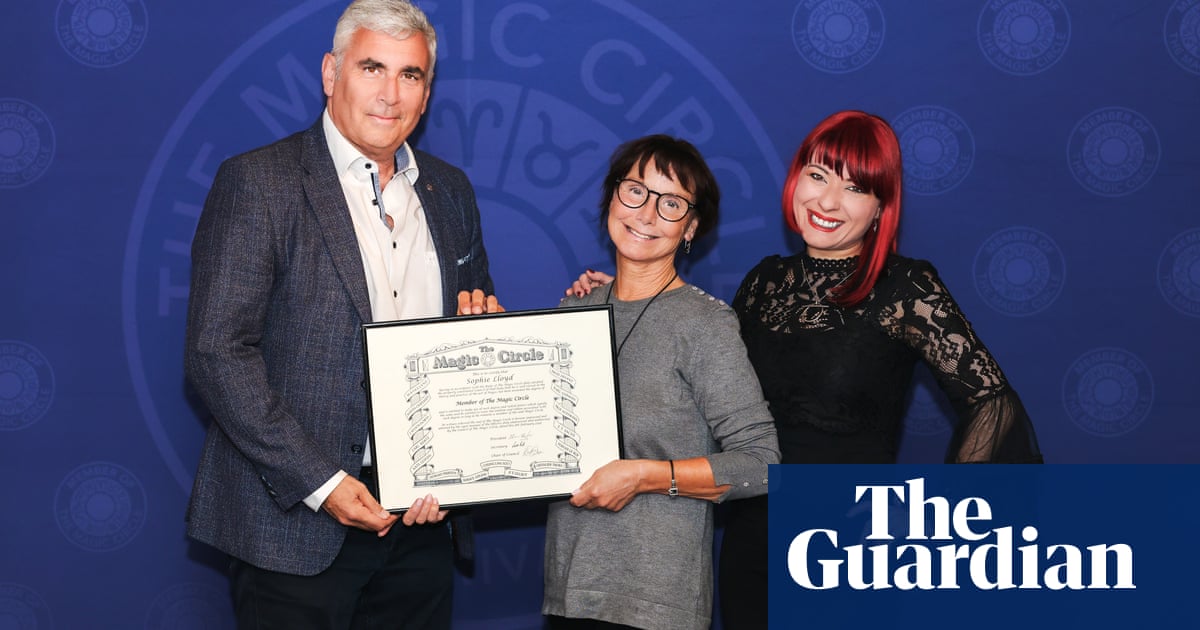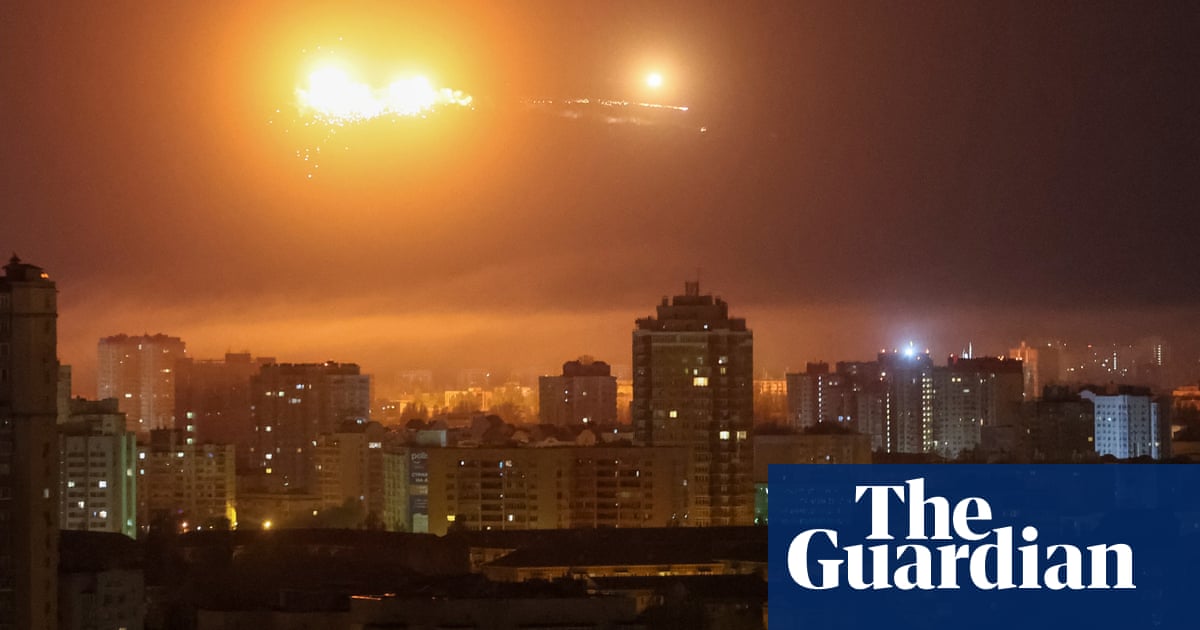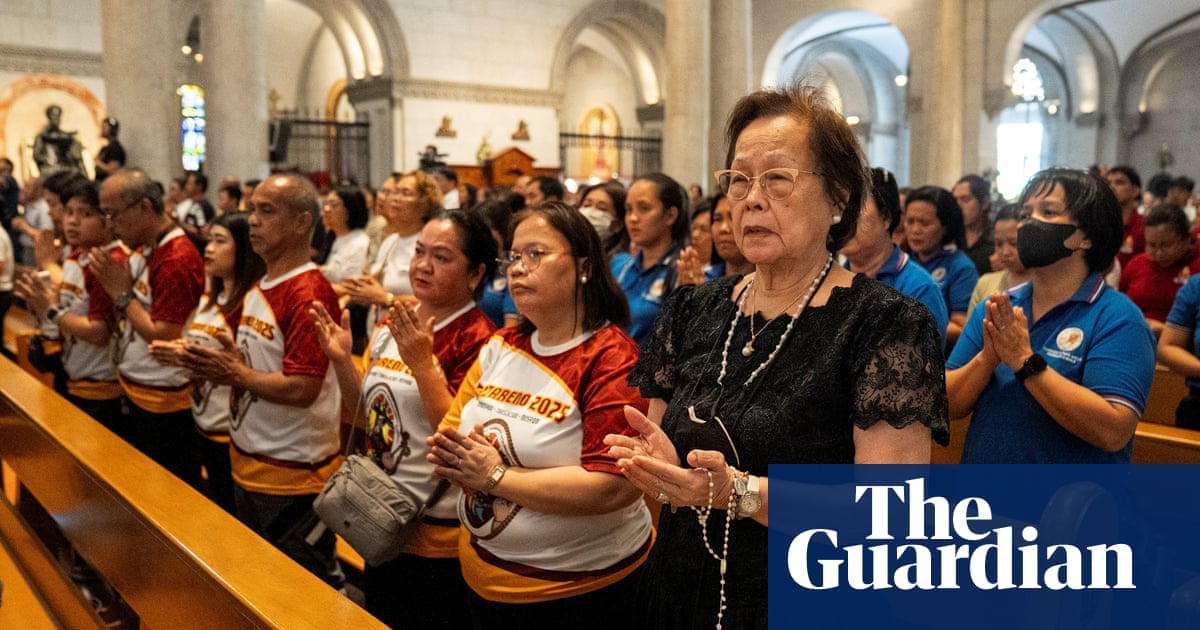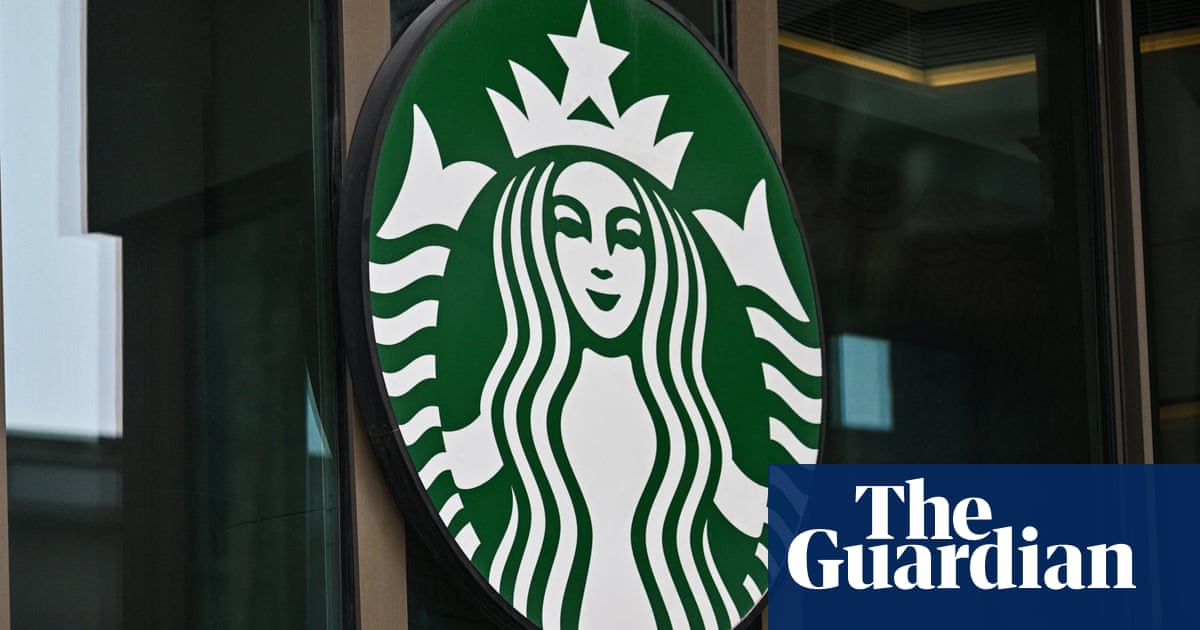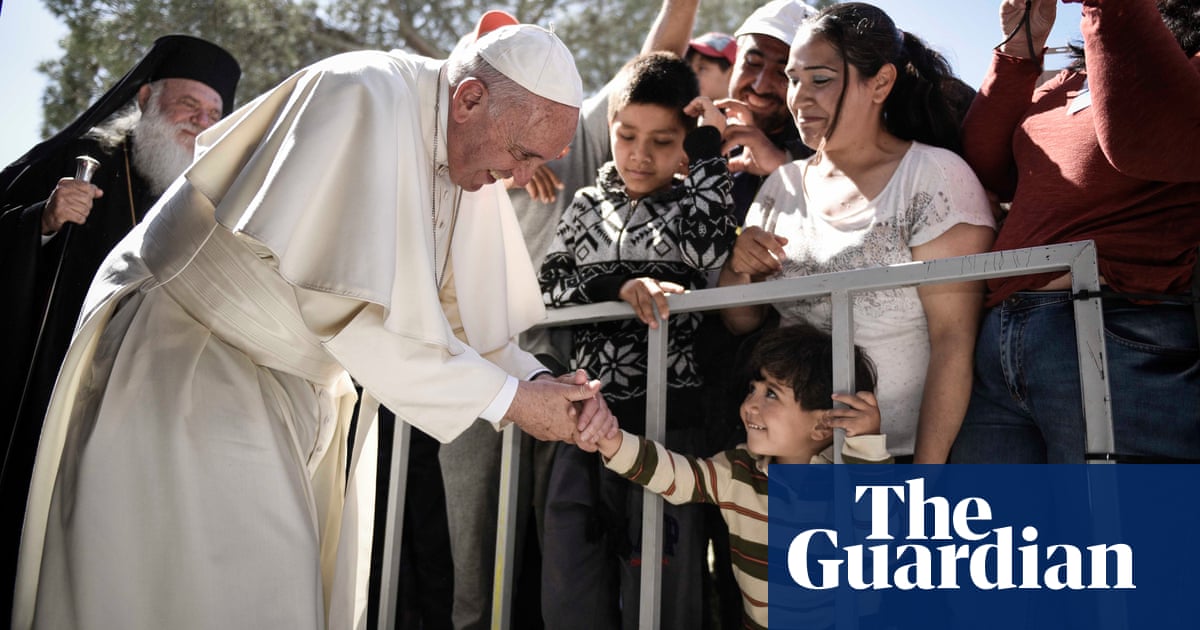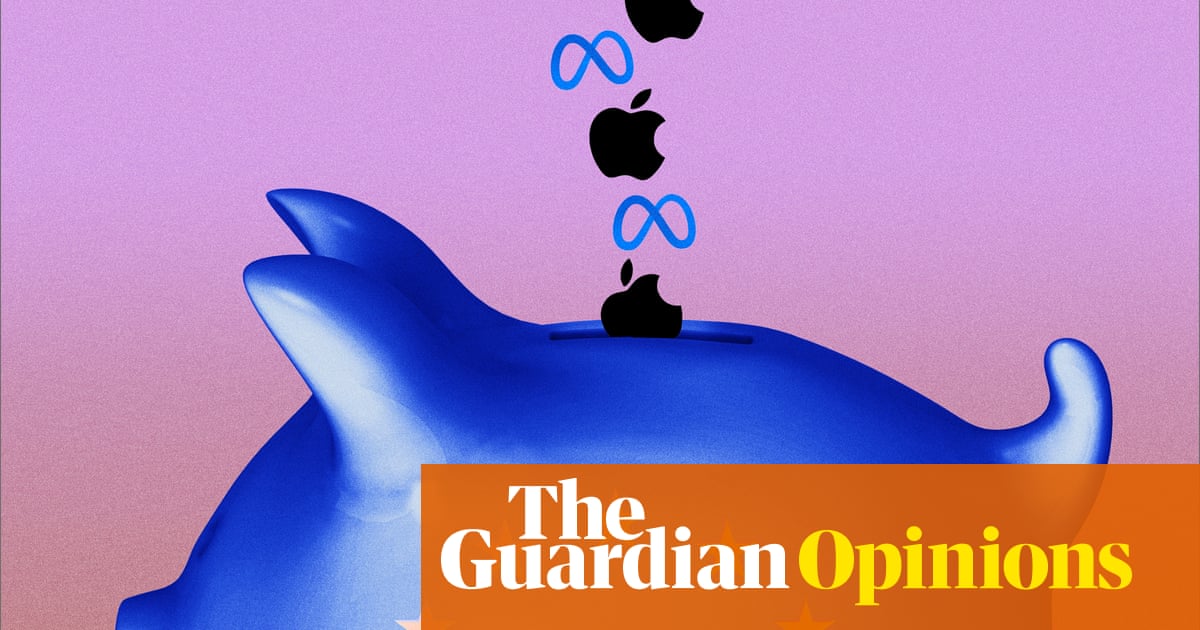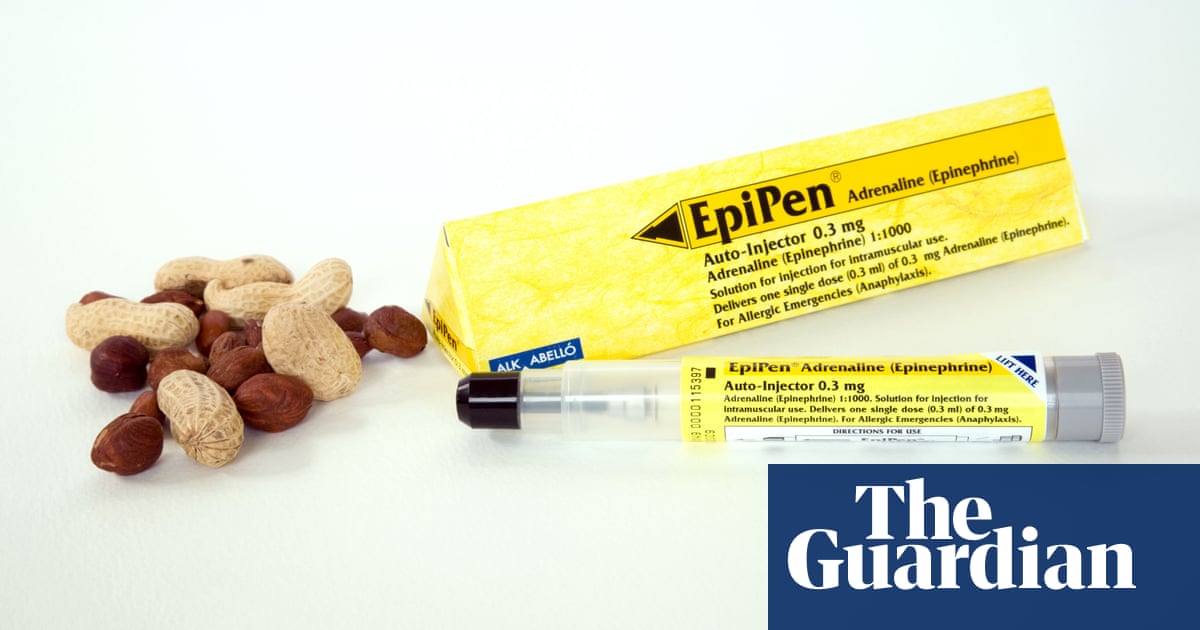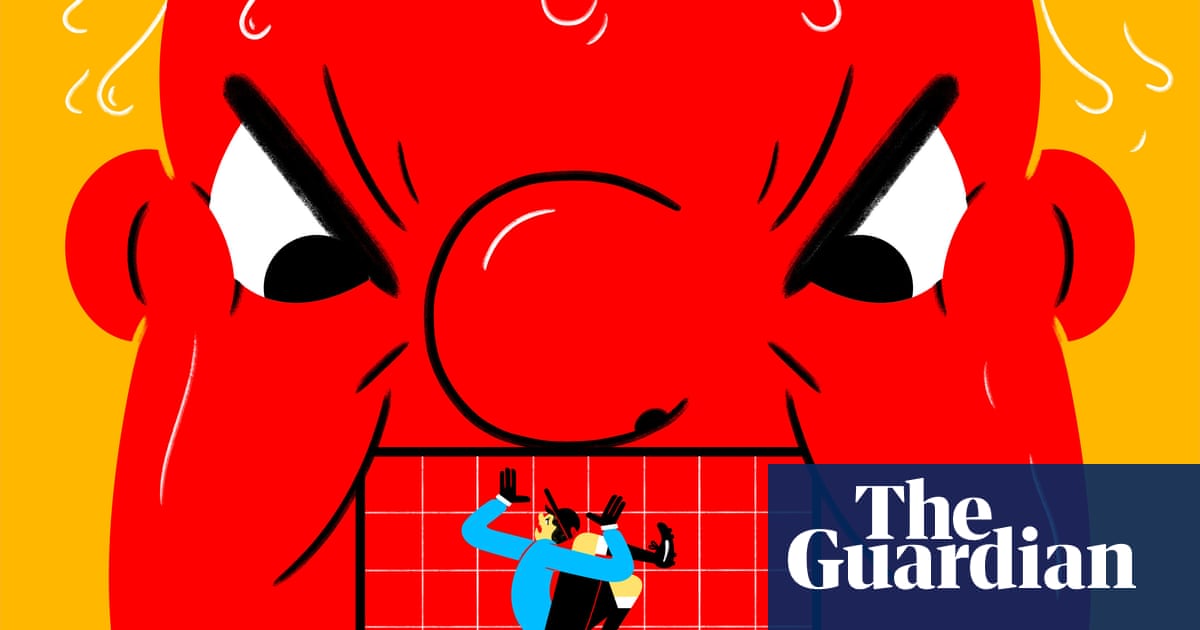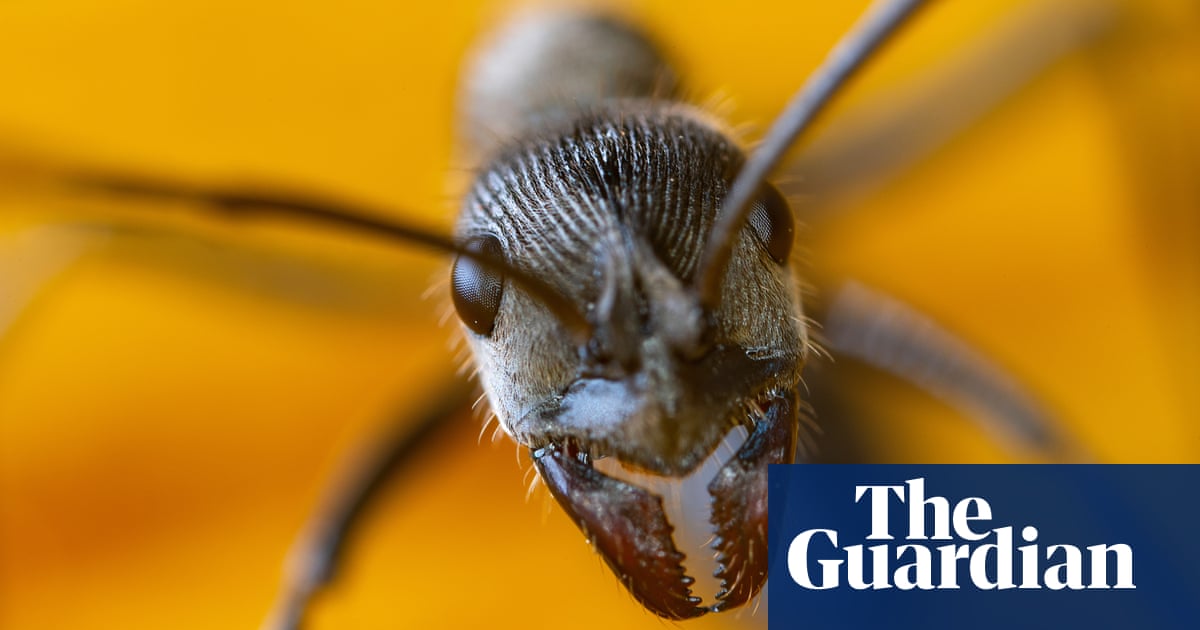The largest ever global study into the safety of Covid-19 vaccines has been terminated just 13 months shy of completion, after becoming caught up in the Trump administration’s sweeping funding cuts.
The Global Vaccine Data Network, which was established in 2019 by the New Zealand-based vaccinologist Helen Petousis-Harris and the US-based vaccinologist Steven Black, has already produced some of the world’s most comprehensive studies on vaccine efficacy and safety, based on data from more than 300 million people.
The University of Auckland hosts the network, which collaborates with institutions and experts across the globe.
The groundbreaking five-year project to evaluate the safety of Covid vaccines across hundreds of millions of people received more than NZ$10m from the US Centers for Disease Control and Prevention (CDC) in 2021, but after a recent funding review by the so-called Department of Government Efficiency (Doge), it can no longer finish the project, Petousis-Harris said.
The network looks at data from millions of people to evaluate the effectiveness of vaccines, analyse risk and benefits and respond to issues such as vaccine hesitancy.
To do this requires “enormous study power, enormous populations and diversity”, said Petousis-Harris, who is an associate professor at the University of Auckland.
But funding for the global Covid vaccine safety project was “suddenly cut … without warning, without planning”, she told the Guardian.
The second Trump administration has initiated sweeping cuts to US scientific institutions and government departments, as well as research and aid programmes, which has affected projects across the globe.
On 1 April, roughly 10,000 people lost their jobs at agencies including the CDC, the Food and Drug Administration and the National Institutes of Health in a continuation of one of the largest mass firings in American history.
The cuts to CDC has not only affected the data network’s “bottom dollar” but will further delegitimise science, scientific institutions and scientists, Petousis-Harris said.
“The impact of the Trump administration to withdraw such vast amounts of funding globally is almost hard to articulate.”
The Covid vaccine project needs roughly US$2m to finish its work, she said. The network hopes another funder – be it governmental or philanthropic – will fill the financial gap.
Meanwhile, the loss of such research risks creating the conditions for disinformation about vaccines to flourish.
“We saw it go on steroids over the pandemic period, and now, by disestablishing so many institutions that do have some authority in the space, you’ve just opened it wide up for different narratives,” Petousis-Harris said.
The University of Auckland’s UniServices – the commercial arm of the University that supports research programmes such as the Global Vaccine Data Network – confirmed the project’s funding had been cut.
“Recently the CDC informed UniServices that that funding for the [project] would cease with immediate effect,” said Dr Greg Murison, UniServices’ executive director.
“We are now in the process of consolidating and securing the data and material created on vaccine safety and research the [project] has collated since 2019.”
The network had published “several significant scientific findings since its inception” and some of its other projects will continue due to being funded separately.
The New Zealand health ministry said it was aware of the decision to end the study’s funding. “At this stage, the Ministry has not received a request for funding,” it said.

.png) 2 hours ago
4
2 hours ago
4
